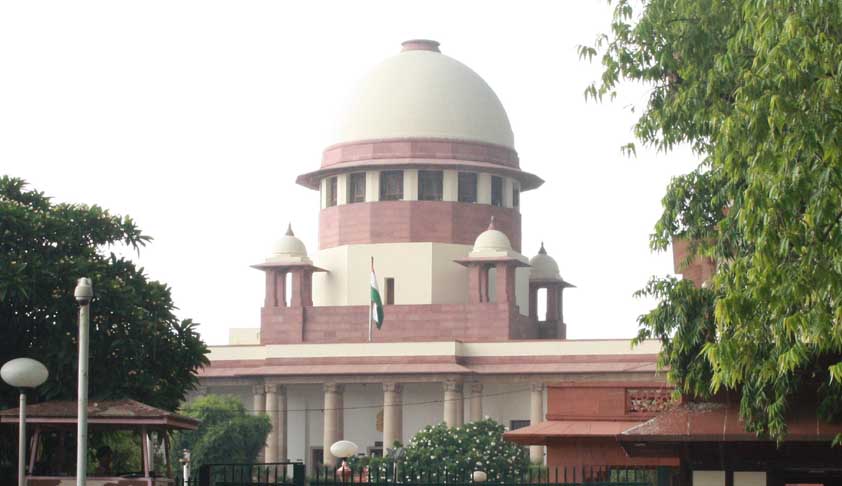New Delhi: In a landmark ruling, the Supreme Court declared that all high court judges, including those who served as additional judges, are entitled to receive full pension and retirement benefits.
The court emphasized that denying such benefits based on appointment date or whether they retired as additional judges or later became permanent would violate the right to equality under Article 14 of the Constitution. A bench led by Chief Justice B R Gavai and Justice Augustine George Masih stated that no discrimination can be made among judges in terms of terminal benefits after retirement.
The verdict also clarified that families of deceased additional high court judges are entitled to the same pension and benefits as those of permanent judges. The court examined Article 200 of the Constitution, which pertains to pensions for retired high court judges, and concluded that any distinction based on appointment or designation violates fundamental rights.
The Supreme Court ruled there should be no differentiation between judges promoted from the Bar or those coming from district judiciary. Judges covered under the new pension scheme will also receive the same benefits, and those who retired as additional judges are equally entitled to full pension—discrimination between judges and additional judges is unconstitutional.
